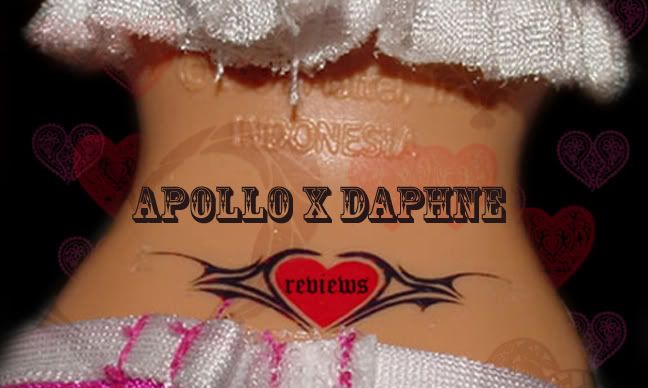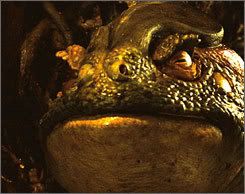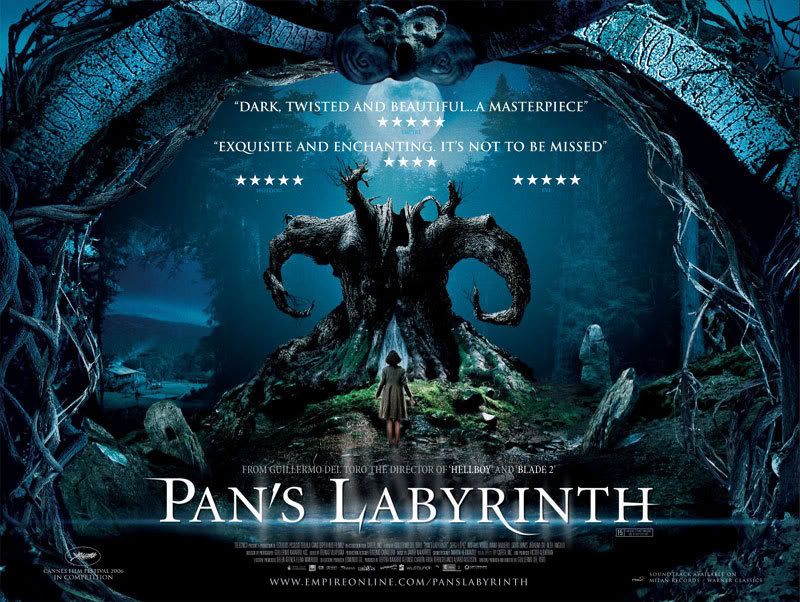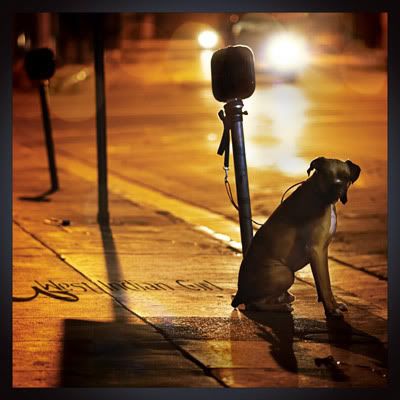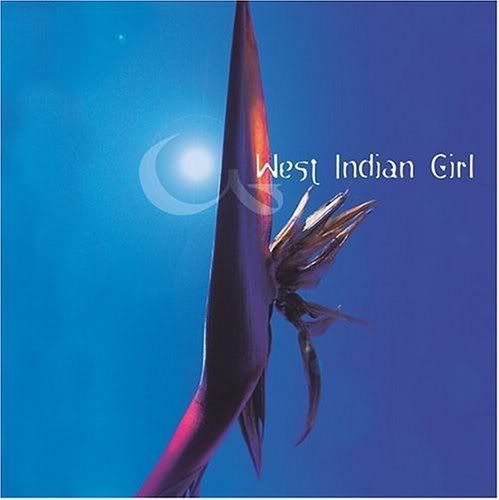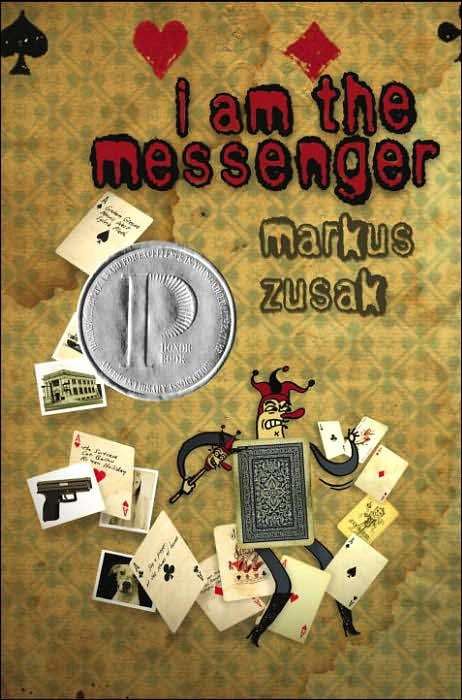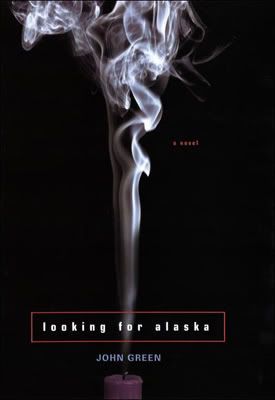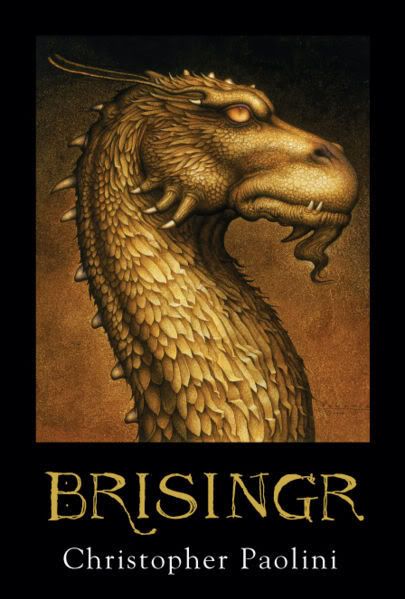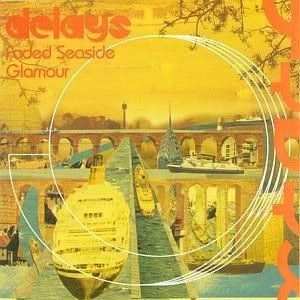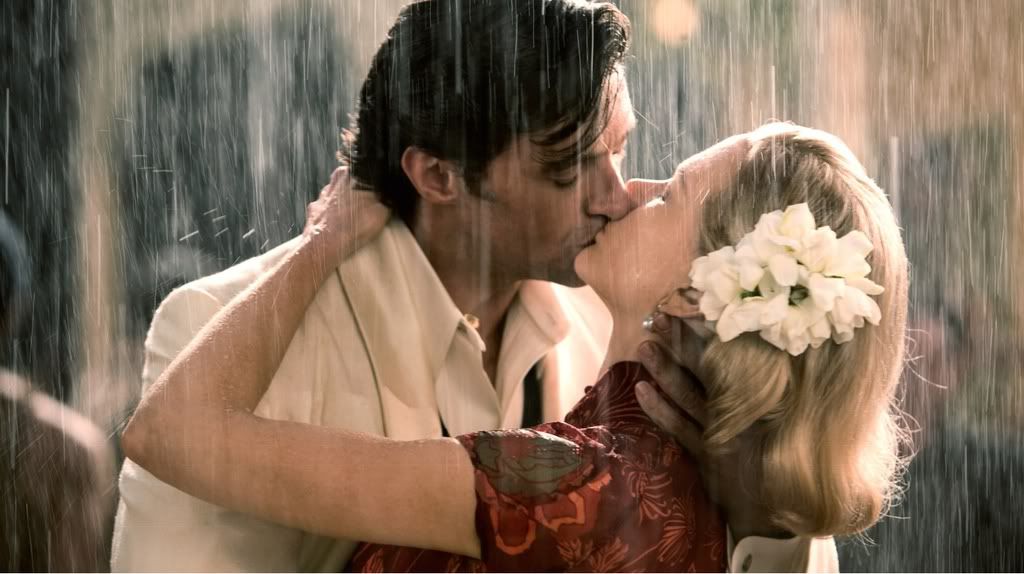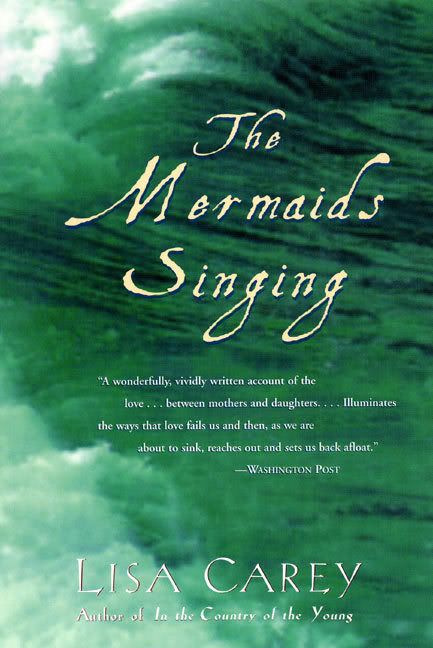
I find it amazing that Lisa Carey remains as obscure as she does. She is a brilliant, beautiful, lyrical writer who crafts complex and intersecting masterpieces about everyday life and tragedy.
Her first novel remains my favorite work of hers- in fact, it's my favorite book of all time, though my introduction to it was quite unorthodox. When I checked it out from my local library it was misfiled in the YA section. You can imagine how my poor little 12-year-old eyes bugged out of my head when I realized that I was reading graphic sex scenes. I did finish the book, however, and realized how absolutely stunning it is. I've read it probably more than ten times since then, and each time I discover something new.
The book starts with a poem by W.B. Yeats, which is always a win. It's my favorite poem, entitled "When You Are Old."
We are introduced to Grace, who rises "quietly, so as not to disturb her lover." Grace, we learn, has cancer. She also has a teenage daughter, named Grainne (Graw-nya). Quickly, we learn that life is not a fairy-tale for these women, who seem unable to communicate with one another since Grace contracted cancer. Instead, they leave notes for one another on the fridge, or in the night.
The story unfolds along so many paths that it is hard to explain them-it ducks in and out of the past, and weaves between Grainne's present and the past, when Grace was alive. Grace dies quite early in the book, however that is not the end of story. As we follow Grainne into her own confused future-her move to Ireland from the U.S. to stay with her grandmother, and her exploration of herself as a young woman- we move into Grace's past and explore the decisions that this young, fierce, free spirit made which led to her having a child and never speaking with her mother again.
Grace's mother, Cliona, takes Grainne in. Eventually, part of Cliona's past is revealed. What is truly a feat of Carey's is how she is able to create a mother and daughter who fight so fiercely, and who absolutely cannot get along, yet who both garner our sympathies. Even proud Cliona, who admits her wrongs years later when looking at Grainne and realizing that Grace "got it right" gathers our sympathies effortlessly.
The exploration of tragedy is certainly present as Grainne tries to cope with the loss of her simultaneously best friend and mother, and Cliona tries to come to terms with the death of a daughter she neither knew nor understood. But the search for meaning and heritage is overwhelmingly present as well, as Grainne strives to meet the father she never knew. And romantic love isn't lacking either. Grainne slowly and rewardingly falls for childhood friend Liam after destructively lusting after her mother's 28-year-old boyfriend Stephen for several months. Cliona explains the conception of Grace and the confused illusions of love which accompanied it; she also justifies why she settled for a man whom she loves domestically. But the most compelling stories of love come from the brazen, beautiful life of Grace; she is destroyed by her first love, Michael, and is brought back to life by the enigmatic, idealistic Seamus.
The craft of the book itself is incredibly lyrical. It is poetic writing personified. Phrases themselves are delicious reading apart from their contextual meaning. I cannot begin to describe the poignant melancholy and simultaneous pleasure and pain I get from reading this book. The final element which completes the design of such a wondrous piece is the element of myth; the mermaids are continually referred to in the moaning wind, and Grainne almost falls into the water after claiming to have been drawn there by something in the water; Grace assumes it is a shark. We know that it is (possibly) a mermaid; we want to believe that it is a mermaid. The real world and a world of legends and myths have collided and created a penetrating, epic story of love and loss.
-elln
